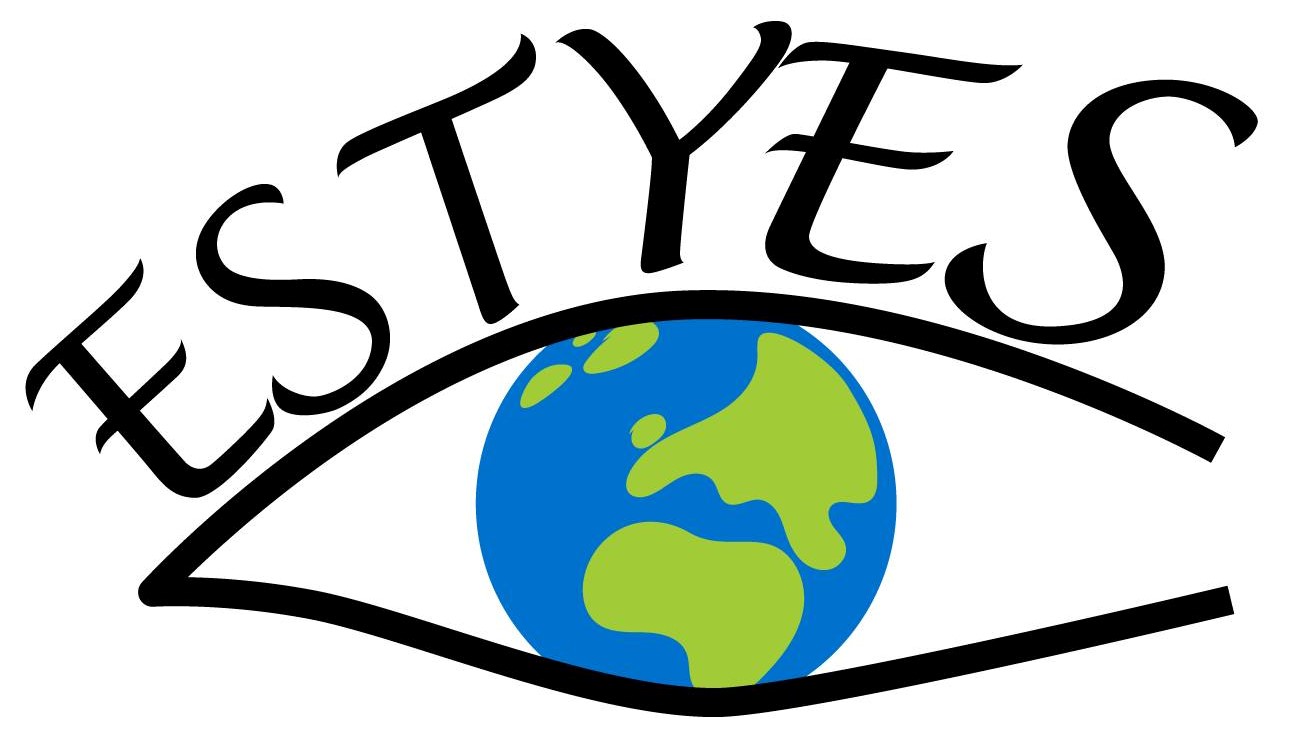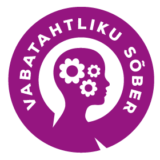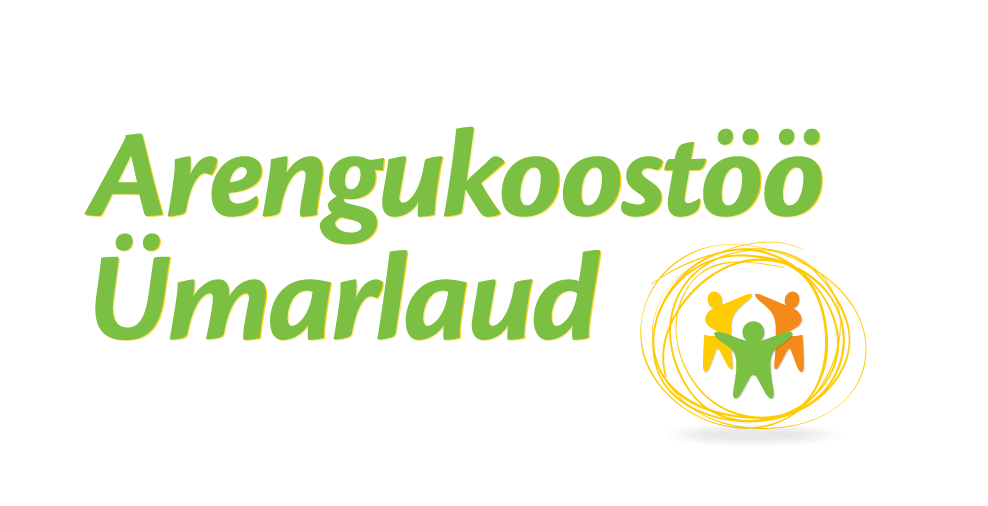Currently, youth workers daily interact with youth whose mental health and well-being were seriously shattered affecting all aspects of their lives and having a significant impact on youngsters’ overall development including mental health. A youth worker supports young people’s social and emotional growth in addition to their academic progress. Young people often find it easier and more acceptable to approach a youth worker than a typical health service since they already have positive relationships with them and feel safe approaching them. On the other hand, there is always a chance that during the activities and projects for young people unexpected events with a high level of stress and emotion may occur (such as a natural disaster, a public health emergency, or even a personal crisis like the loss of a family member or friend during the activity period, psychological individual triggers, etc.). Each youth worker should have the skills and resources to deal with these not only also from a psychological perspective.
A basic understanding of psychology for youth workers is currently essential and extremely valuable in providing effective support and promoting positive outcomes. Some key psychological knowledge and skills such as normal developmental stages and milestones of young people, as well as the challenges and opportunities they face during this period, can be crucial for youth workers.
Our specific objectives are:
- To raise participants’ awareness of the PFA concept and its relevance to youth work practice during the project’s lifetime
- To equip youth workers with youth developmental psychology knowledge (18-25 y.o) necessary for quality youth work
- To equip youth workers with PFA practical methods and techniques to be used for reducing the psychological distress of their target group
- To form a network of like-minded people and organizations for developing at least 1 follow-up initiative aimed at supporting the management of any psychological crises during the youth work.
Whom this training course if for?
- Youth workers or youth NGO representatives
- Social workers responsible for youth in their municipality
- Teachers, school support staff, alternative education staff, vocational programme staff
- (involved in youth work)
- Working with young people with disadvantaged backgrounds who need to reinforce
- encouragement for social inclusion
- Other sector professionals directly working with young people: youth centres, youth camps
- Youth policymakers
Travel costs will be reimbursed up to the following maximum amounts:
- Germany, Slovakia, Croatia, Estonia, Poland 360 EUR
- Ukraine, Bulgaria 275 EUR
- Georgia 210 EUR
- Armenia 23 EUR










